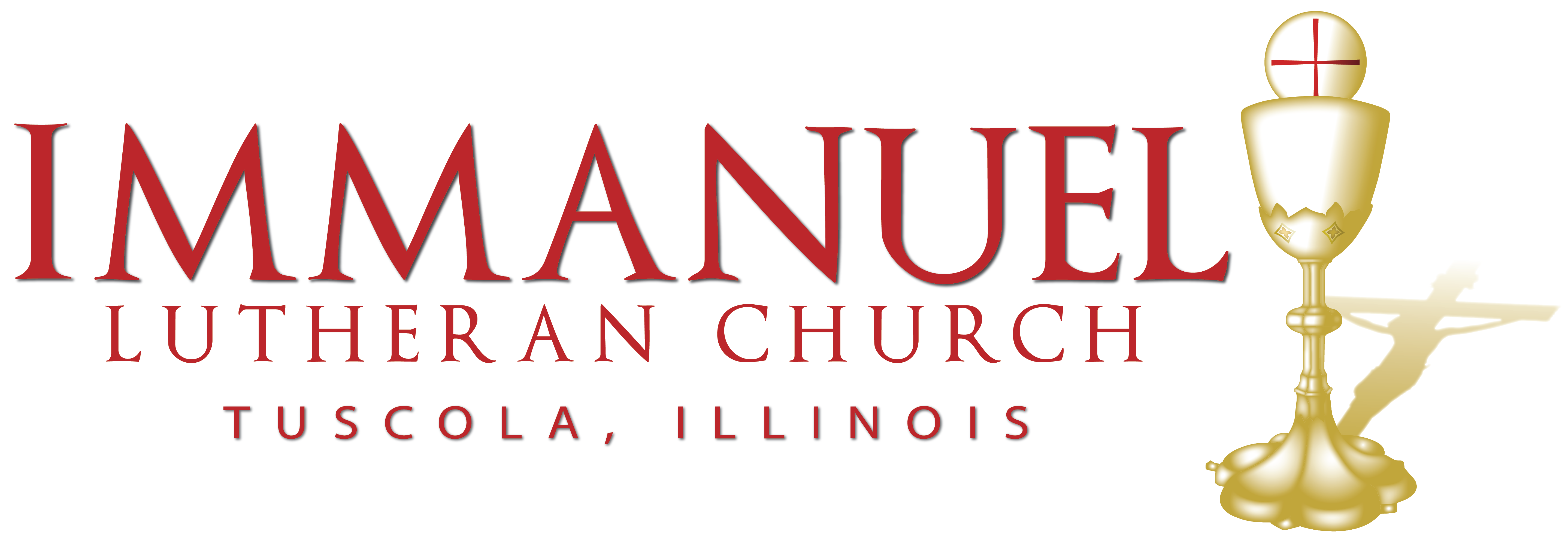The Text
“8:1 We want you to know, brothers,[a] about the grace of God that has been given among the churches of Macedonia, 2 for in a severe test of affliction, their abundance of joy and their extreme poverty have overflowed in a wealth of generosity on their part. 3 For they gave according to their means, as I can testify, and beyond their means, of their own accord, 4 begging us earnestly for the favor[b] of taking part in the relief of the saints— 5 and this, not as we expected, but they gave themselves first to the Lord and then by the will of God to us. 6 Accordingly, we urged Titus that as he had started, so he should complete among you this act of grace. 7 But as you excel in everything—in faith, in speech, in knowledge, in all earnestness, and in our love for you[c]—see that you excel in this act of grace also.” (2 Corinthians 8:1–7 ).
).
Summary of the Text
Paul wanted to make sure that the Corinthians knew about the particular nature of the grace that God poured out on the churches in Macedonia (v. 1). In the context of great affliction, their abundant joy and their extreme poverty combined to produce a most generous gift (v. 2). Paul testified that they willingly gave up to their ability to give, and even beyond it (v. 3). As Chrysostom pointed out, in this situation, the Macedonians did the begging, not Paul (v. 4). Not only did they give as Paul’s band had hoped, but they did this in the right order. They donated themselves to God first, and then to Paul’s specific project, and all in the will of God (v. 5). Apparently, Titus was delivering this letter also, and as he had reminded them of their pledge on his previous visit, Paul is now looking for him to complete the giving campaign (v. 6). Paul then makes his pitch. As the Corinthians abounded in numerous graces—faith, speech, knowledge, diligence, and love—so should they abound in this grace of giving monetarily as well (v. 7). The grace bestowed on the Macedonian churches was a grace of giving (v. 1), and Paul is seeking to find the same kind of generosity rising up in the Corinthians (v. 7).
Different Kinds of Giving
Now by “gifts,” I include pretty much anything going out—time, money, wrapped up presents, hospitality, and so on. Every church should want to develop a culture of generosity, and this is the kind of culture that has many manifestations. This means hospitality. It means unloading moving vans. It means rallying to meet someone’s financial crisis. It means barn-raising events. It means the discipline of loving birthday and Christmas opportunities. It means open-handedness.
Now we are coming into a season of shopping for gifts, and so we should take special care to make sure we understand what we are doing. A gift—as given externally, as seen from the outside—can be one of three things. First, it can be a bribe. Second, it can be an extortion payment. And third, it can be a true gift. Two of them are most unfortunate, and the third is the genuine article. How can we tell the difference?
The bribe is given by a manipulator, or someone who wants somehow to game the system. He gives in order to get. You give presents in order to get presents. You give compliments in order to receive compliments. You donate to the church so that others will see you in that role. This was the sin of Ananias and Sapphira (Acts 5:1ff ). Jesus warns against it sternly (Matt. 6:1
). Jesus warns against it sternly (Matt. 6:1 ).
).
An extortion payment is given by someone who is under duress. He gives in order to be left alone. This is the sin that Paul is trying to teach us to avoid in the next chapter (2 Cor. 9:7 ).
).
The true gift is what the Macedonians offered here. They gave themselves first to God (v. 5), and then turned to the second stage of the gift. Christmas morning should be the second unwrapping of the gift. You give yourself to God first, and He unwraps you, and then you give your gift to the other person. This person gives to get, in order to be able to give some more. Our aspiration should be for this to become our way of life.
A Geyser of Generosity
What is happening when this wonderful thing occurs? In this chain of events, God gives first. The word charis (grace, favor, benefit or gift) is used eight times in chapters 8-9. God bestowed His grace on the Macedonians (v. 1), which is where their giving spirit first originated. Paul wants to see the same thing happening in Corinth (v. 7).
Remember that this was a one-time special need offering. We are not talking about the tithe here, or regular giving. This was a relief offering for the saints in Jerusalem. It was off-budget.
As they gave to others in this way, it created a bond of koinonia-fellowship (v. 4). Sharing of goods is fellowship, just as the sharing of food is fellowship. We partake of one another when we give. We are intertwined when we give. When we give, we are being knit together.
For the Macedonians, this geyser of generosity came about in a unique set of circumstances. First, the grace of God came down upon them (v. 1), and then the providence of God surrounded them with a great trial of affliction (v. 2). In that setting, their deep poverty combined with their abundance of joy to erupt in an effusion of giving. The word for deep is bathos, which we get the word bathysphere. Their poverty was down in the Mariana Trench which, when combined with heavenly joy, exploded into a remarkable gift.
In His Steps
When we give to others properly, we are doing so in the footsteps of the Lord Jesus. This is part of what it means to follow Him. Christ was rich, and He became poor as a gift, so that those who were poor might be made rich through Him (2 Cor. 8:9 ).
).
There is no generosity without Christ. The engine that drives the economy of generosity is not merchants, or manufacturers, or commercial interests, or anything like that. It is not possible for us to remember the gift of Christ, and not to have a multitude of gifts following.



0 Comments